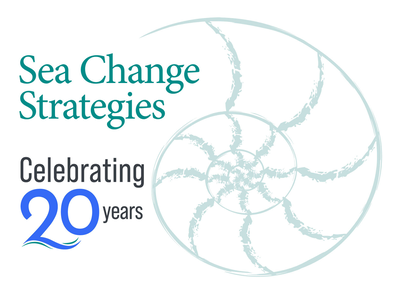It’s Not What You Say, It’s How You Are
When he received his diagnosis of non-Hodgkins Lymphoma, the doctor told him he had a 96% chance of making a full recovery.
Sadly, Nick turned out to be in the unlucky 4%.
When it became clear Nick was not going to beat his cancer, he called on several members of the Buddhist community to which we both belonged to provide spiritual support for Nick and his family. In the process of doing that, I learned a lesson that has served me in almost every aspect of life, very much including my work as a communicator.
It’s not what you say that makes the biggest difference, it’s how you are.
People freak out when dealing with a dying person. What do I say? What do I tell them? Can I ask questions? Should I offer false hope? Should I tell them to fight?
The answer is, it doesn’t really matter what you say. It’s your presence that conveys the most oomph. If you deeply love someone, if you’re sad, and you just want to be there for them, you don’t have to say anything. And whatever you do say is probably fine.
So let’s take this into the realm of fundraising. First of all as someone who does words for a living it’s sometimes hard to acknowledge that the words are often secondary to the spirit that is behind them. This applies with special force to stewardship.
As the fundraising world re-awakens to the fact that treating donors like piggy banks and constantly shaking the bank for more is unsustainable, there’s a renewed focus on stewardship and cultivation.
But if your only motivation is to get more money out of them, donors will pick that up. You need to be as sincerely concerned with donor happiness as you are with retention and upgrade results. You need to sincerely want donors to feel like a valuable part of the team whether they give more or not. If that’s not a major part of your motivation, the insincerity of your stewardship efforts will come across.
Being donor-centric is not just another way to shake the piggy bank. It requires a genuine shift in how you think about the donor relationship.
At the end of the day, it’s not what you say that makes the difference. It’s what’s in your head and heart that matters.
